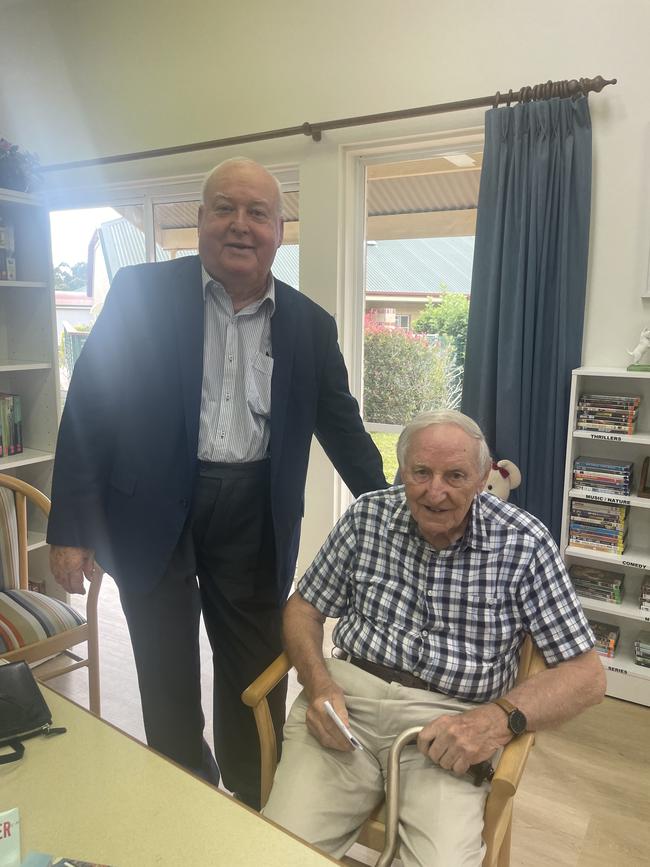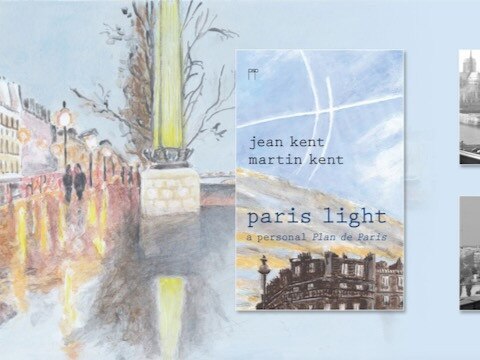
That’s the key point being made in writer Elle Griffin’s red-hot essay “No-one Buys books” (if you haven’t read it, the link is: www.elysian.press/p/no-one-buys-books).
Before we dive into the essay, here’s some quick background: In 2022, one of the very big US publishers, Penguin Random House, decided it wanted to buy one of its competitors, Simon & Schuster, but the US Department of Justice was worried the takeover would shrink an already small pool of players and launched an antitrust case.
Griffin says: “During the trial, the head of every major publishing house and literary agency in the US got up on the stand to speak about the publishing industry – and give numbers” and it was “eye-opening”.
And kind of terrifying.
Griffin has now summarised their evidence, and here are some of her highlights:
• Publishers spend almost all their money trying to land books by celebrities (including the Obamas, sports stars, and musicians such as Bono). They do so because these books might sell, when almost nothing else does.
• They spend the rest of their money on “repeat sellers” such as James Patterson, Stephen King and Lee Child, who get millions of dollars to produce a book a year.
• They spend almost nothing on debut writers, most of whom can expect to sell just a few hundred books. Yes, I said a few hundred. Certainly less than 1000. And that’s in the US. A debut writer in Australia? Please don’t be shocked but some of the really hyped ones sell fewer than 400 copies.
• The big publishers make most of their money from Bibles, “repeat sellers” (see above) and children’s books, such as The Very Hungry Caterpillar, which keep selling year after year after year.
• Most books – something like 95 per cent – make no money at all.
Griffin says the Department of Justice collected data on 58,000 titles published in a year and discovered that 90 per cent of them sold fewer than 2000 copies.
Fifty per cent sold less than a dozen copies.
Wait ... half of all books published in a given year sell less than a dozen copies?!
Well, yes and no.
They might be counting a book that sold a dozen copies this year, compared to 20,000 copies the year it came out.
But it’s certainly true that publishing houses “work more like venture capitalists. They invest small sums in lots of books in hopes that one of them breaks out and becomes a unicorn, making enough money to fund all the rest”.
Michael Pietsch, chief executive of Hachette, put it this way: “We’re very hit driven. When a book is successful, it can be wildly successful. There are books that sell millions and millions of copies … For instance, the Twilight series of books? Hachette published those (and) made hundreds of millions of dollars over the course of time.
“Right now the novels of Colleen Hoover are topping the bestseller lists in really, really huge numbers and the publishers of those books are making a lot of money. You probably remember The Girl With the Dragon Tattoo … Or the Fifty Shades of Grey series. So once every five years, 10 years, those come along for the whole industry and become the industry driver that’s drawing people into bookstores because there is such a commotion about them.”
The court heard “far fewer than one per cent of authors” receive big advances (defined as $US250,000 or more ... and, for the record, almost nobody in Australia gets an advance that high). Also, the fact you have paid a celebrity to write a book doesn’t mean it will sell. The journalist and media personality Piers Morgan (who has eight million followers on X) was paid a small fortune to write Wake Up: Why the World Has Gone Nuts, and it sold just 5650 copies in the first year.
I found this little exchange, between the lawyer for the DOJ and the chief executive of Penguin Random House, Madeline Mcintosh, particularly interesting:
Q. Do you know approximately how many authors there are across the industry with 500,000 units (sales) or more?
A. My understanding is that it was about 50.
Q. Fifty authors across the publishing industry who sold more than 500,000 units in a single year?
A. Yes.
Again, that’s in America. Who in Australia sells more than half a million copies? You can count them on your thumbs.
The court also heard that the thing the book industry fears most is a so-called “Netflix of Books” – where the reader pays, let’s say $20 a month, to read as many books at they want “ just like you get all the movies you want from Netflix, or all the music you want from Spotify”.
Audible is moving into that space: Once you get a subscription, you can get one free title a month, and you can choose from the entire audiobook collection, including bestsellers and new releases. You can listen while you’re at the gym, you can listen in the car, or during your commute, and that’s what people want to do these days.
A couple of things in the piece were clearly not true, among them the headline “Nobody buys books” since 50 million books were sold in Australia last year (in the US, more than a billion books were sold last year).
The idea that the book industry isn’t profitable isn’t right, either: It’s very profitable, on the back of the big names, and God bless them, because they’re giving everyone else a chance to get published.
■ ■ ■

Speaking of books, I was delighted this week to hear about two great friends who decided, after moving into TriCare’s Compton Gardens Retirement Community, to chase their dream of becoming writers.
John Thompson-Gray and Neill Florence moved into the facility 10 years ago, and have since published 13 books, after setting themselves up in the centre’s 2000-book library, which is described as their “writing sanctuary”.
Thompson-Gray, 81, has published seven novels, including two on the Japanese bombing on Darwin in 1942.
“I worked as an executive engineer for over 25 years, and while I loved my job, it left me very little time to follow my deepest desire of becoming an author,” he said.
“When I decided to live at TriCare’s Compton Gardens, it’s the ideal location to start some serious writing. The staff and residents have been a wonderful support, and some have been the most helpful sources of information.”
Florence, 91, has published six books, ranging from nailbiting murder mysteries to extravagant fantasies.
“Writing has always been something I’ve loved doing but struggled to make time for,” he said.
“I was an English teacher and high school principal for most of my career and always dreamt of one day writing books like those we studied. It brings me such pride and joy witnessing people fall in love with the characters I created and their stories I brought to life.”
Bravo to the late bloomers, and to the centre for bringing books into the lives of happy residents.
■ ■ ■

Also in this week’s mailbox, a note from Jean Kent, whose lovely poem, Musee du Louvre, was published in these pages in May 2023.
It’s now part of her new collection, Paris Light, which includes 26 poems about places in Paris with special meaning to Jean, accompanied by 26 paintings by her husband, Martin.
The poems were written in response to two, six-month residencies she enjoyed at the Australian government’s Keesing Studio, making it “an emotional map of our experiences, trying to live like Parisiens, and celebrate of the City of Light”.
It’s published by Pitt Street Poetry, and it’s gorgeous.
■ ■ ■
We covered this during the week, but how about another hurrah for the winners of the ABIAs – the Australian Book Industry Awards – including Hedley Thomas for The Teacher’s Pet (Audiobook of the Year), Anna Funder For Wifedom: Mrs Orwell’s Invisible Life (Biography of the Year), Trent Dalton for Lola In The Mirror (Literary Fiction Book of the Year) and Thomas Mayo and Kerry O’Brien, who won the 2024 ABIA Book of the Year Award for The Voice to Parliament Handbook.
■ ■ ■
Today’s pages: can you draw a line between the Holocaust and Hiroshima? How big a threat is Xi Jinping to Australia? Plus, Tom Gilling reviews a book about the loathsome trade in human trophies. I hope you find something to chew down on. Feedback welcome at overingtonc@theaustralian.com.au







Most books don’t make any money – not for the author and not for the publisher.